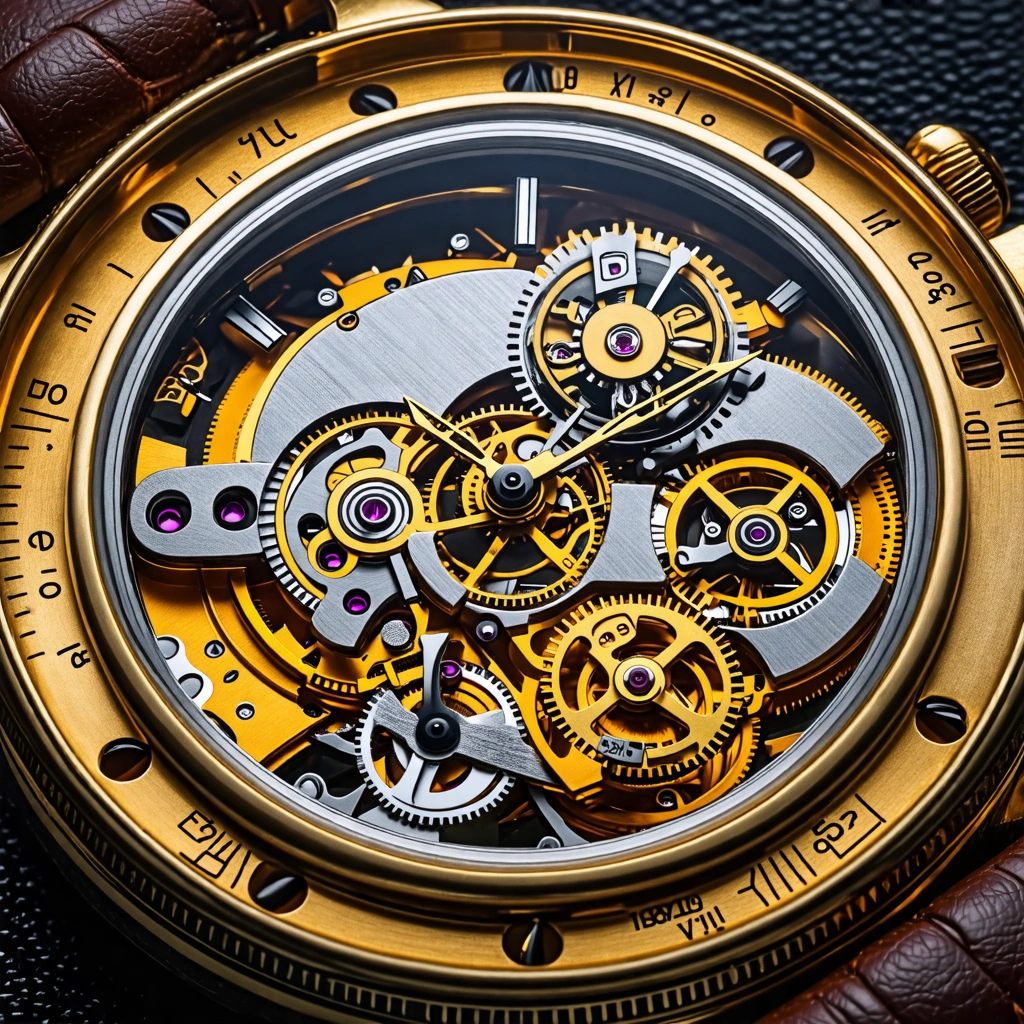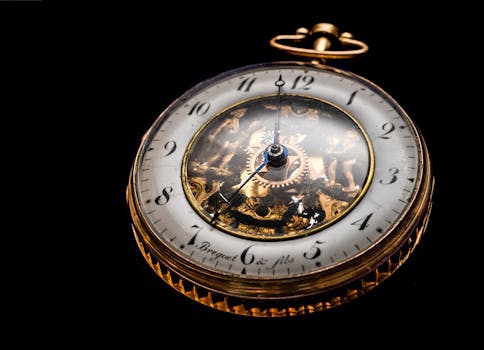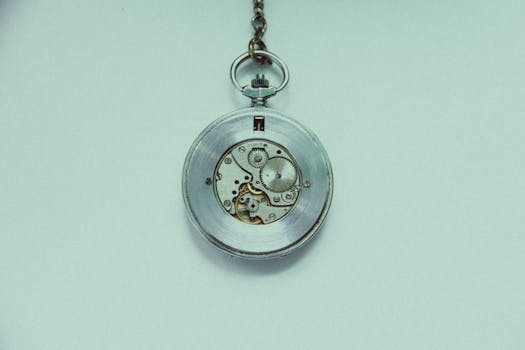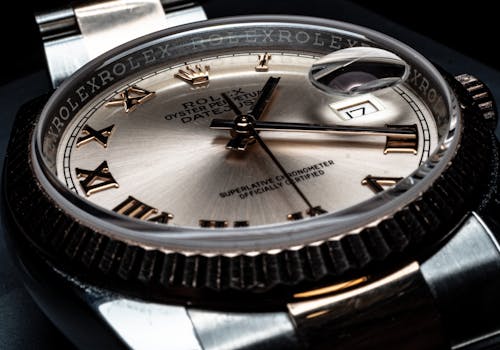
The Evolution of Watchmaking Techniques and Innovations
Takeaways:
- Watchmaking has evolved dramatically from ancient sundials to modern smartwatches.
- Key innovations include the development of mechanical movements, quartz technology, and digital watches.
- The craftsmanship behind luxury timepieces remains a blend of tradition and modern technology.
Watchmaking is an intricate art form that dates back thousands of years, embodying both scientific advancements and craftsmanship. The history of watchmaking techniques and innovations is a testament to humanity’s quest to measure time accurately, reflecting both technological progress and cultural significance. In this article, we will explore the timeline of watchmaking, from early timekeeping devices to the sophisticated watches we wear today.
1. The Origins of Timekeeping

As time progressed, the introduction of more precise timekeeping devices became essential for navigation and daily life. By the Middle Ages, mechanical clocks began to appear in Europe, driven by weights and gears. These large, stationary clocks marked the dawn of horology as we know it, leading to the development of portable timepieces.
2. The Birth of Mechanical Watches

One of the most notable innovations during this period was the creation of the balance wheel, which enhanced accuracy. The craftsmanship involved in creating these watches became more sophisticated, with artisans dedicating their lives to refining their skills. Watchmakers in Switzerland, Germany, and England became renowned for their expertise, leading to the establishment of watchmaking as a respected profession.
3. The Age of Pocket Watches

The introduction of standardized parts during the Industrial Revolution further revolutionized watchmaking, allowing for mass production. This led to the rise of companies such as Patek Philippe, Vacheron Constantin, and Audemars Piguet, which are celebrated today for their exquisite craftsmanship and luxury timepieces.
4. The Quartz Revolution

The quartz revolution posed a challenge to traditional watchmakers, forcing them to innovate and adapt. Many luxury brands began incorporating quartz movements into their collections, and some even went on to create hybrid models that combined the best of both worlds. The rise of quartz technology also facilitated the development of digital watches, which brought a new level of convenience and functionality to timekeeping.
5. The Return to Mechanical Watches

Innovations in materials, such as ceramics and carbon composites, have further enhanced the appeal of mechanical watches. Additionally, modern technology has allowed watchmakers to create highly complex movements with unprecedented accuracy and reliability. The fusion of traditional watchmaking techniques with cutting-edge technology has paved the way for a new era of timepieces that honor the past while embracing the future.
6. The Future of Watchmaking

Moreover, sustainability has become a key focus in the industry, with brands exploring eco-friendly materials and production methods. The future of watchmaking promises to be as dynamic and exciting as its storied past, as artisans and engineers continue to push the boundaries of what is possible in horology.






